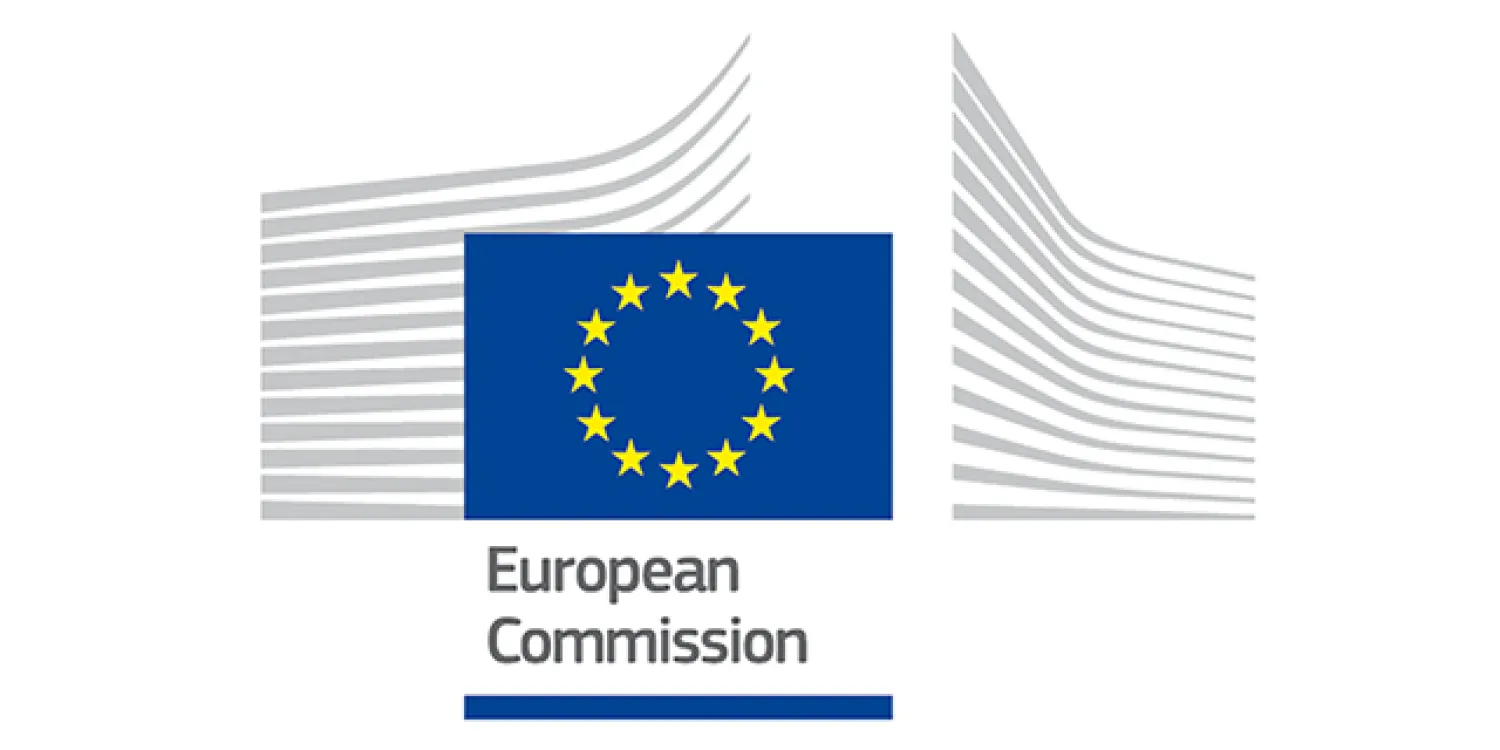More than 20 EU leaders met in the Swedish city of Gothenburg on Friday to discuss social issues, including jobs, economic growth, education and culture, for the first such summit in 20 years.
The summit, named the Social Summit, aims to provide EU member states with new impetus to ensure that citizens have access to jobs with fair working conditions and that the labor market can remain competitive in the face of global and demographic changes.
Swedish Prime Minister Stefan Löfven, who co-chaired the meeting with European Commission President Jean-Claude Juncker, said the summit was timely and highly needed to refocus the energies of the EU and member states on social welfare.
"Our economies and the world of business have changed drastically, which means our challenges are also changing, and we need new solutions to tackle them," Leuven said.
"These changes in the labor market, especially after the 2008 financial crisis, have led citizens to have growing political distrust," he added. "It is time for us to put people at the top of our priorities."
EU leaders participating in the meeting are expected to endorse a set of key principles called the "European Pillar of Social Rights" aimed at providing guidance to countries on how to enhance their social systems.
Non-binding recommendations call for improved access to the labor market, fair working conditions including wages that can provide a "decent standard of living" and social protection such as child care, health care and housing assistance for the homeless.
Juncker said that the main task, after the Summit, will be to ensure that these recommendations have an impact on every State in the European Union.
He also hoped that the Social Pillar won't be just a list of ambitious wishes. He expressed his desire that legislative proposals be launched, noting that "some of them are on the way."









